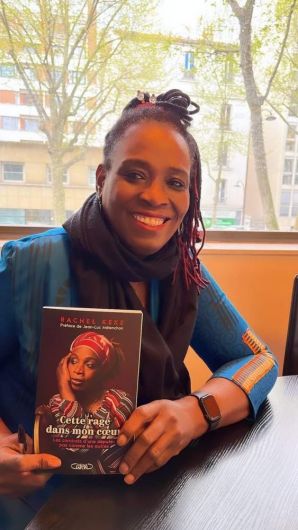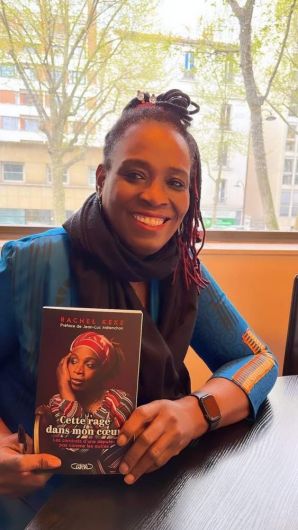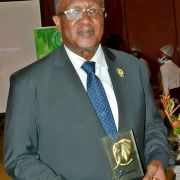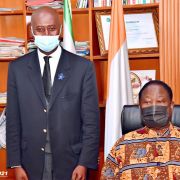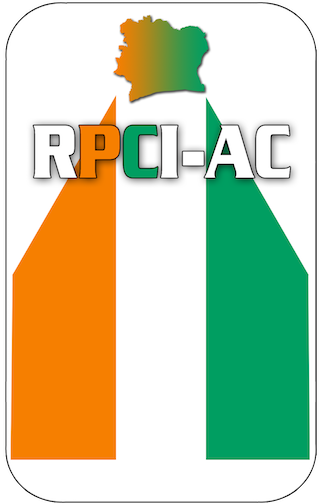"World economy":"Spotlight on the third world politics of economics"!
Le 02 février 2012 par IvoireBusiness - Generally speaking when taking into account the level of economic development is the key to their situation, it makes sense to classify third world countries in economic, as well as in political term:
Le 02 février 2012 par IvoireBusiness - Generally speaking when taking into account the level of economic development is the key to their situation, it makes sense to classify third world countries in economic, as well as in political term:
Among the most important factors are:(1)-"The size and distribution of the national income" (2)-"The extent of industrialisation and urbanisation" (3)-The amount of foreign debt (4)-The concentration of exports on a single commodity(...) As a matter of fact, all these affect the options open to third world governments, whatever their form of government of political ideology. The country's relationship form of government or political ideology. To some extent, the country's relationship to international markets is vital. In the same trend, third world states as a whole, typically depend far from on the international economy than those in the first world, and have far less influence upon it!(..)"AN OBJECTIVE ECONOMIC CLASSIFICATION OF THE THIRD WORLD STATES":There are four main clusters of third world states:"Oil-exporters", "newly industrialising countries"(NICs), "less developed divided into groups":1-Oil-exporters-:These countries, mainly in the middle east, supply the oil that is the lifeblood of world industry. Since they began to use the leverage this gives them, the major oil-exporting states have enjoyed vast revenue. With only small populations to support, several of these countries such as:"Saudi arabia", "united arab emirates", "Brunei") are enormously rich, with average incomes exceeding(10.000 Us dollars) per head. These highly affluent states are ruled by traditional monarchs. The Saudi monarchy, for instance, provides its people with extensive health and education services, but the regime is ultra-conservative and predemocratic. Furthermore, elections and representative institutions don't exist or are of little moment. Politics is the preserve of the ruling family and the advisers: Meanwhile, great african leader "Nelson Mandela" argued that "Saudi arabia" and "United arab emirates" are more democratic than western states...According to him, their social system fully satisfies with the needs of the arabic masses, even if elections and representatives don't exist in those countries ! On the other hand, university school fees are free, as well as scholarships, and access to housing and health care. As far as "Nelson Mandela's approach is concerned, western democracy is just theory and demagogy. (2)-"Newly industrialising countries"(NICs):Among are a few countries, mainly in the pacific rim of east Asia(South Korea, Taiwan, Singapore, Hong Kong) are striding rapidly towards the first world, economically at least. Income levels have reached (2000-4000 Us dollars) per head, and are rising steadily. Therefore, the political evolution of the (NCIs) has been slower. They combine a stable(if often authoritarian) political system with a coherent development strategy.The workforce is disciplined and now fairly well educated. As a result, the (NCIs) make goods which increasingly compete on quality, and not just price, in the world market. In theory, this then leaves room for other, lower cost countries(such as Malaysia) to enter the world's manufacturing economy and form the next generation of "NICs".(3)-"LESS DEVELOPED COUNTRIES": In about forty other third world countries, significant economic development has taken place. However,the modern sector of the economy is not internationally competitive(unlike the NCIs) or else is dominated by transnational companies. Income levels in some of these countries, such as "Argentina", "Chile" and "Uruguay", can be fairly high(1000-(3000 Usa dollars per head).But heir economic development has come to a halt or is subject to large fluctuations: This makes for political instability: the conspicuous sad reality of most african countries such as: "Nigeria", "Congo", "Ivory COAST", "Ghana", "Cameroun"... where the whole economy is still based on one, two or three commodities: 'oil resources and raw materials)unfortunately without any manufacturing economy. (4)-"LEAST DEVELOPED COUNTRIES": Around seventy very poor countries, many in "Africa", have incomes per head below (1000 us dollars) a year. They almost entirely lack a manufacturing base. Instead, they depend on one or two commodities for export earnings. Often highly dependent on foreign aid and burdened with debt, these countries are in a very weak position from which to attempt economic development: Those countries are generally located in "Africa" and are largest exporters of raw materials since ever. In the same trend, they are subjects to capitalism an imperialism western power structures, through remote control african leaders...But in the long run, Africans as a whole, really needs a full political change, through strong leaders and strong institutions so as to free themselves from mental slavery and western permanent exploitation. Wait and see!
(Yves T Bouazo)


